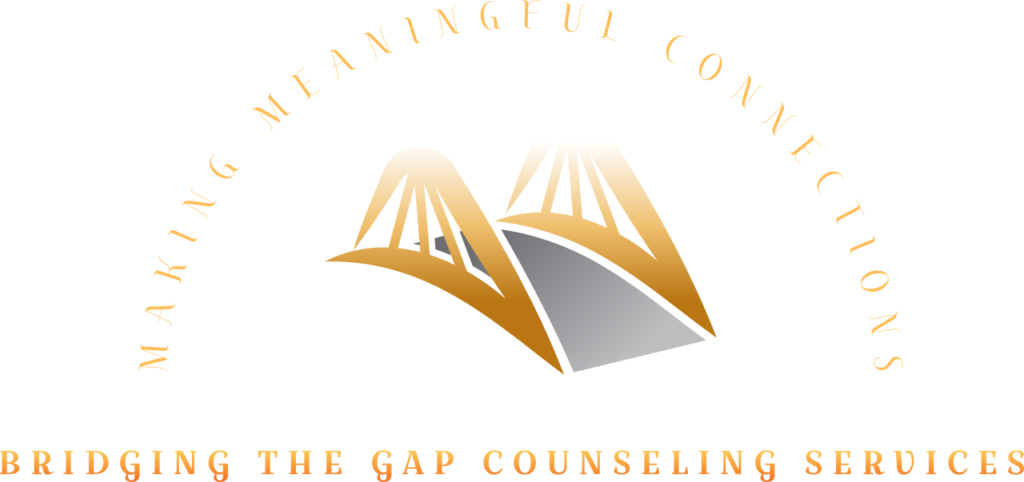
Trauma Resolution
Trauma resolution is the process of healing and recovery from the emotional and psychological wounds caused by traumatic events. It involves addressing the underlying causes of trauma, processing painful emotions, and developing healthy coping mechanisms.
Common Trauma Resolution Techniques:
- Psychotherapy: Talking therapy with a trained professional to process traumatic experiences and develop coping strategies.
It is normal to have strong emotional or physical reactions following a distressing event. On most occasions though, these reactions subside as a part of the body’s natural healing and recovery process. There are many things you can do to help cope with and recover from such an experience.
A traumatic experience is any event in life that causes a threat to our safety and potentially places our own life or the lives of others at risk. As a result, a person experiences high levels of emotional, psychological, and physical distress that temporarily disrupts their ability to function normally in day-to-day life.
Examples of potentially traumatic experiences include:
Behavioural reactions to trauma
Common behavioural reactions to trauma include:
- avoiding reminders of the event
- inability to stop focusing on what occurred
- getting immersed in recovery-related tasks
- losing touch with normal daily routines
Making sense of the traumatic event
Once the distressing event is over, you may find yourself trying to make sense of the event. This can include thinking about how and why it happened, how and why you were involved, why you feel the way you do, whether feelings you are having indicate what kind of person you are, whether the experience has changed your view on life, and how.
